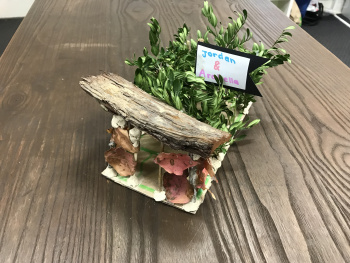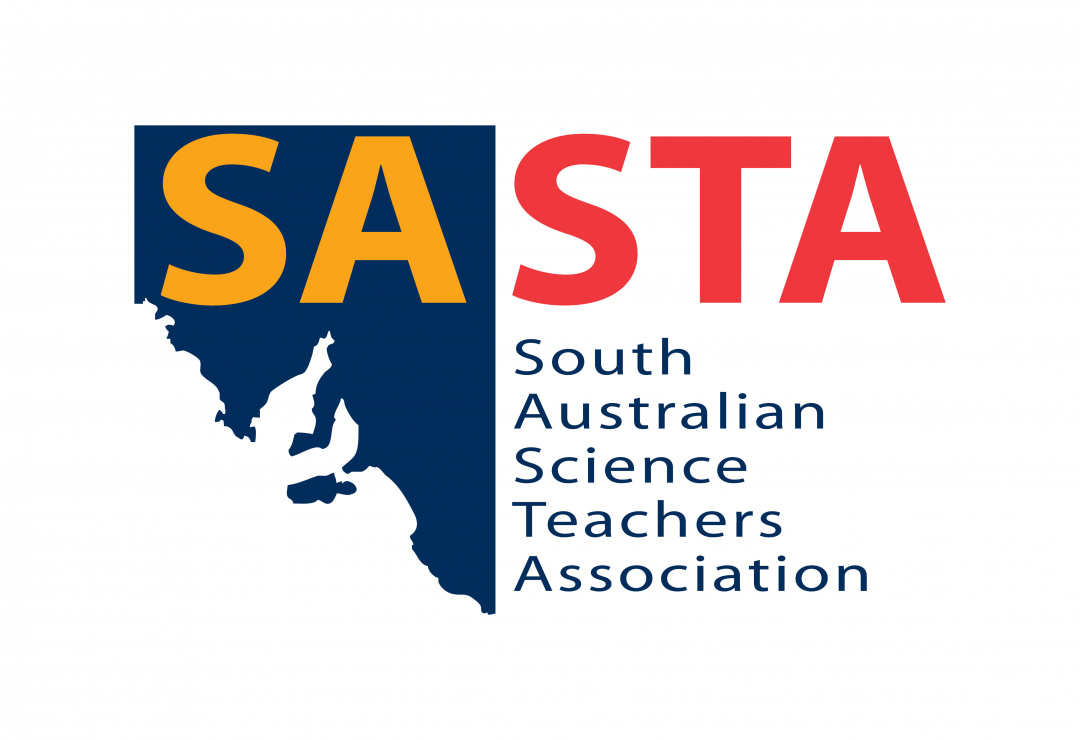Posted by Tegan McClean
on 25/07/2018

We live in a world where rapid advancements in technology have had a profound impact on how we work and communicate. As educators, students are at the center of everything we do and we have a responsibility in preparing our students for future success.
The staff and students at St. Catherine’s School are embracing this change and delving into the world of STEM education. As a school, we are in the beginning stages of implementing STEM tasks throughout the curriculum, providing students with the skills to face future challenges. During 2017 and 2018 the staff of St Catherine’s worked with Kate Dilger from the SA Science Teachers Association (SASTA) to engage with the engineering design process and plan student challenges that integrated and applied learning from Science, Mathematics and Technology.
Through innovative design tasks our students are displaying creative and critical thinking skills in tackling real world problems. These opportunities are allowing our students to engage and make positive connections with multiple subject areas including Science, Mathematics and Technology.
Students at St Catherine’s have access to a native, re-vegetated area known as the Wetlands, a new Nature Play area, farm land, Aquaponics and a small area of forest. The reimaging of the science curriculum was designed to connect learning to these spaces. The design challenges developed allowed students to interact with, and highlight the importance of the natural environment.
In addition, we have established a website with STEM resources for our teaching staff to utilise and draw inspiration from. We are also currently in the process of purchasing more technology aids in order to facilitate further STEM challenges.
It continues to be an exciting time to embrace the STEM in education and empower our students to become lifelong learners. Some of the tasks they have been working on are included below.
- Lukas Antoniadis, St Catherine's School
Student projects
3D Printing: Students designed and created insect organisms on TinkerCad for Science. Each organism was given a variety of behavioural and structural adaptations to survive in our school wetlands environment.
 |
 |
House Plan Designs for a STEM Mathematics Task: Students were architects that were given the task to design a house following specific criteria.
 |
 |
Houses designed for the student's organisms created in science (above): Each house needed to survive our wetlands environment and comfortably fit their organism inside.
 |
 |
In this Section
Archive
- February 2026
- January 2026
- December 2025
- November 2025
- October 2025
- September 2025
- August 2025
- July 2025
- June 2025
- May 2025
- April 2025
- March 2025
- February 2025
- January 2025
- December 2024
- November 2024
- October 2024
- September 2024
- August 2024
- July 2024
- June 2024
- May 2024
- April 2024
- March 2024
- February 2024
- December 2023
- November 2023
- October 2023
- September 2023
- July 2023
- June 2023
- May 2023
- April 2023
- March 2023
- February 2023
- January 2023
- December 2022
- November 2022
- October 2022
- August 2022
- July 2022
- June 2022
- May 2022
- April 2022
- March 2022
- February 2022
- January 2022
- December 2021
- November 2021
- October 2021
- September 2021
- August 2021
- July 2021
- June 2021
- May 2021
- April 2021
- March 2021
- February 2021
- January 2021
- December 2020
- November 2020
- October 2020
- September 2020
- August 2020
- July 2020
- June 2020
- May 2020
- April 2020
- October 2018
- September 2018
- August 2018
- July 2018

